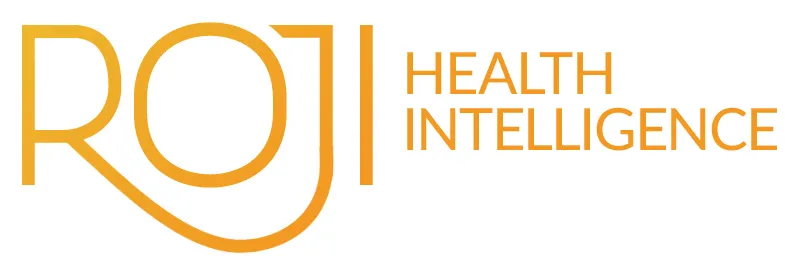For ACOs to remain relevant and viable under risk payment models, they must step up now to generate more cost savings for Medicare patient care. Medicare’s budget cuts are once again under consideration as political pressure mounts to lower governmental spending. CMS is expanding risk through Medicare value-based payment models, such as the new ACO […]
2022 QPP Experience Report: Address 3 Key Findings Now to Avoid Future Penalties
At first glance, CMS’s recently released 2022 QPP Experience Report (PDF) seems reassuring, because the majority of clinicians avoided financial penalties under MIPS. Don’t be fooled! While overall success and failure rates in the report may lead you to conclude that merely participating in the QPP (either in MIPS or as an APM) is enough […]
3 Ways Your ACO Can Convert APP Reporting Data into Higher Savings
Controlling costs is a key Value-Based Care goal, a fact well-known to ACOs that share savings with CMS. Even as individual ACOs have generated tens of millions of dollars in savings, however, MSSP ACOs as a whole have only been able to reduce their Total Cost of Care (TCOC) by a fraction. That is a […]
Customized Roji APP Reporting Plan Cuts ACO Costs and Burden, Boosts ACO Capabilities
Start your APP Reporting of Medicare CQMs and save with Roji Health Intelligence’s customized APP Reporting Plan for ACOs. Our new service enables your ACO to meet the highest quality reporting standards through our qualified registry, while dramatically reducing reporting costs and creating actionable data for use in population health, equity, and cost performance. What’s […]
How Your ACO Can Optimize APP Reporting Using Medicare CQMs
ACOs just gained a reprieve from implementing all-patient APP quality reporting in 2024. A provision in CMS’s Physician Fee Schedule Final Rule, which goes into effect on January 1, 2024, enables ACOs to report on Medicare patients only, based on CMS provision of eligible patient lists for three APP measures. If your ACO decides to […]
The 2024 CMS PFS Final Rule: Post-PHE, Value-Based Care Returns to the Forefront
The 2024 Physician Fee Schedule Final Rule—all 2,709 pages worth—was released on November 3, and the significance of the “Post-COVID” rule cannot be understated. With the Public Health Emergency expiring earlier this year, these finalized policies are intended to get the proverbial train back on its tracks, following the massive derailment in March 2020. Although […]
5 Tips for a Win-Win Collaboration Between ACOs and Specialists
As Value-Based Care expands, payers are emphasizing cost reduction all the more. Newer CMS payment models like ACO REACH reinforce cost control by capping reimbursement in total global payments to ACOs. In turn, global payments enable ACOs to directly negotiate rates with preferred provider specialists. In addition to focusing on controlling costs delivered through primary […]
Three Tips for Choosing Your APP Reporting Approach
If CMS’s new proposed option for APP Reporting becomes part of the Final Rule, ACOs will have the ability to limit quality reporting to Medicare patients only. Your ACO must now determine whether reporting Medicare-only patients saves work and money and best demonstrates your quality. Use these Roji TIPS to decide what approach will work […]
New for ACOs: Roji TIPS for Implementing APP Reporting
With the advent of APP Reporting, ACOs face a fundamental change in not only how they report quality measures, but also how they use data to drive results. That’s true whether APP Reporting involves reporting quality for all patients or for Medicare-only patients via Medicare CQMs. Data is an asset that ACOs have never had. […]
Don’t Fall for Magical Thinking in APP Reporting
Since the adoption of the 2023 Final Rule requiring ACOs to adopt Alternate Payment Model Performance Pathway (APP) quality reporting by performance year 2025, many ACOs have been scrambling to understand how to make the leap. There’s a huge difference between the old method of quality reporting using the CMS Interface to report on a […]










